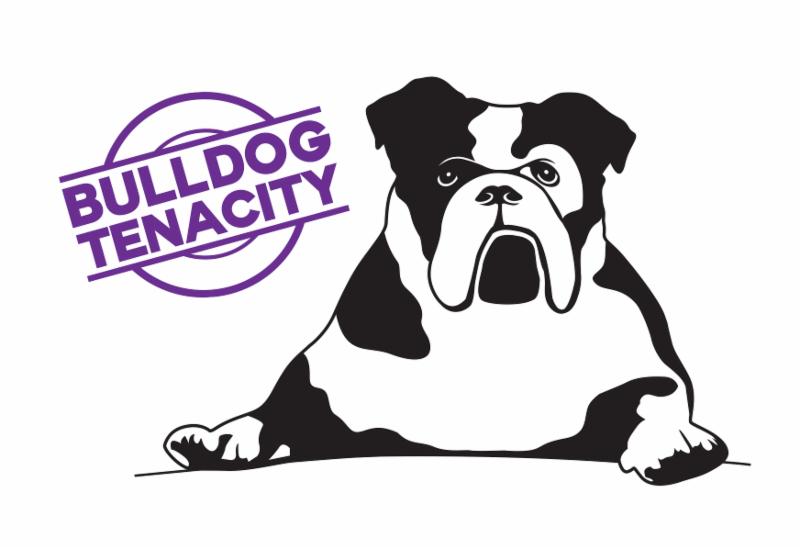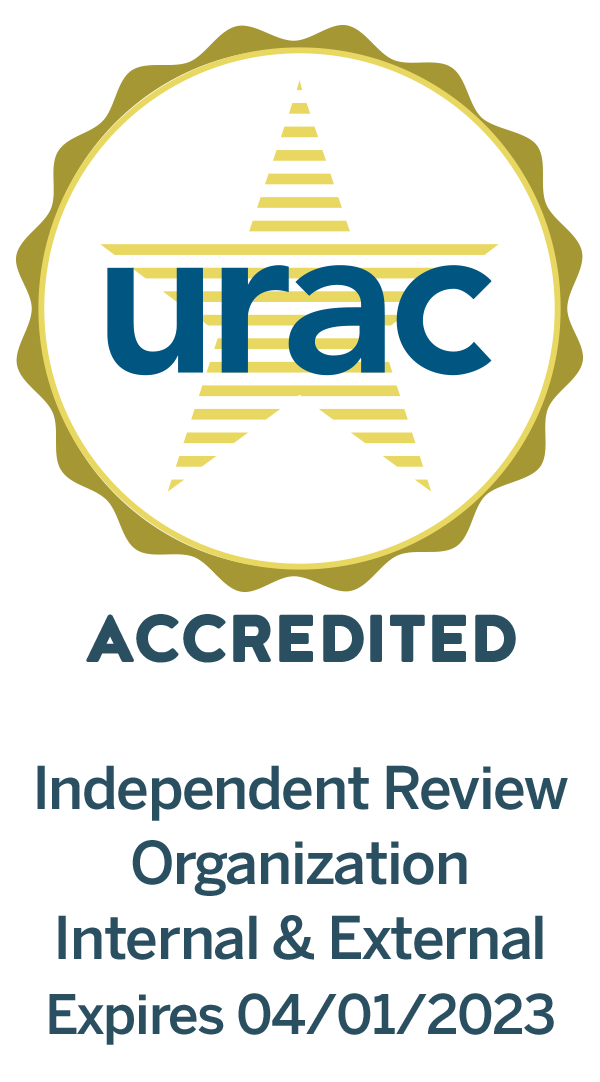
SPECIALTY DRUG MANUFACTURER
The best method to transfer risk is to stop paying for it………………………….
By Bill Rusteberg
I’m finding more plan sponsors are transferring high cost specialty drug risk to avoid bankruptcy.
One of our clients has saved +$500,000 per year on three members whose specialty drug cost was bankrupting the plan. All three members now receive the same drug for free direct from the manufacturer.
If you’re not proactive and address this now, you will eventually get some members using these high cost drugs whose costs will be borne by all members in the form of higher rates.
If you’re not proactive now by removing these high cost drugs and transferring the risk elsewhere, it will be harder to remove them when members end up using them.
 Stop loss carriers transfer risk too. Coverage is in play for the year in which high cost claimants appear but on renewal the risk will likely be transferred back to the Plan Sponsor in the form of lasers. When that happens Plan Sponsors can extend the strategy through the Hot Potato Method of risk transfer.
Stop loss carriers transfer risk too. Coverage is in play for the year in which high cost claimants appear but on renewal the risk will likely be transferred back to the Plan Sponsor in the form of lasers. When that happens Plan Sponsors can extend the strategy through the Hot Potato Method of risk transfer.
It’s only a matter of time before you will have to face some tough decisions. Doesn’t it make sense to make those decisions now before little Johnny needs that +$500,000 per year drug and you have no economic choice but to take it away from him? Would it not be better to exclude the drug now, and let little Johnny’s parents and little Johnny’s doctor apply for manufacturer’s assistance? You can bet the drug manufacturer will not turn little Johnny down – that would be front page news and added controversy the drug manufacturers don’t need right now with Congress breathing down their necks.
Some of our clients “get it.” One wrote “It is amazing to me how the pharmaceutical companies are manipulating the health plans into paying these outrageous fees, but still providing the drug free if there is no source of payment. The gig is going to be up soon, I would think, when plan sponsors quit playing this game.
I discussed this with a TPA who responded “You’re exactly right about this. The pharmaceutical industry has found a way to tap into the main bloodline of these plans and are, indeed, bankrupting them. The behind the scenes tactics are nothing short of criminal.”
Group health insurance is not a welfare plan. Plan sponsors don’t have an unlimited pool of funds.They can’t print money. Plan members have limited funds too. Isn’t it best to spread those limited funds as far and wide as possible for the benefit of the many rather than the benefit of the few?
Plan sponsors should understand they are in a unique position to affect supply and demand to their advantage.
Those of you sitting on the fence on this issue need counseling. Dr. Bill is ready to take appointments.
Dr. Bill – Health Insurance Anxiety Counselor
Below is a notice we received from HHC Group and their strategy towards reducing specialty drug risk for emplopyers:
|
||||||||||||||||||




